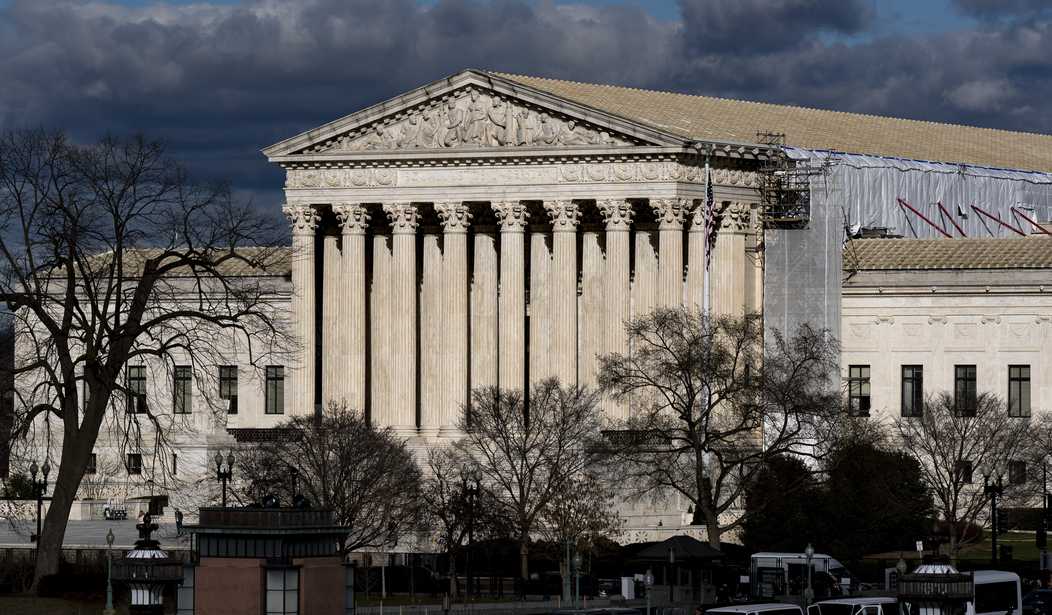The Supreme Court ruled today on issues involving laws preventing social media outlets from censoring opinions. The first opinion the court released on Wednesday was the 6-3 ruling in Murthy v. Missouri, which concerned COVID-19 censorship. The court ruled that the plaintiffs didn't have standing to sue the federal government for pressuring social media companies to suppress opinions about COVID that didn't fit the government's narrative.
In the majority opinion, Justice Amy Coney Barrett wrote:
During the 2020 election season and the COVID-19 pandemic, social-media platforms frequently removed, demoted, or fact checked posts containing allegedly false or misleading information. At the same time, federal officials, concerned about the spread of “misinformation” on social media, communicated extensively with the platforms about their content-moderation efforts.
The plaintiffs, two States and five social-media users, sued dozens of Executive Branch officials and agencies, alleging that they pressured the platforms to suppress protected speech in violation of the First Amendment. The Fifth Circuit agreed, concluding that the officials’ communications rendered them responsible for the private platforms’ moderation decisions. It then affirmed a sweeping preliminary injunction.
The Fifth Circuit was wrong to do so.
Justice Samuel Alito wrote the dissent, noting that "Victims of the campaign perceived by the lower courts brought this action to ensure that the Government did not continue to coerce social media platforms to suppress speech" and added, "All these victims simply wanted to speak out on a question of the utmost public importance."
According to Amy Howe at SCOTUSblog, this case "stems from efforts by the Biden administration in 2021 to encourage companies to restrict misinformation about the COVID-19 vaccine. But the challengers – two states with Republican attorneys general, Missouri and Louisiana, and several individuals whose social media posts were removed or downgraded – say that the government’s efforts violate social media users’ rights to free speech."
Howe reported:
A federal judge in Louisiana agreed with the challengers that federal officials had violated the First Amendment by “coercing” or "significantly encouraging” the content moderation decisions of social media platforms. U.S. District Judge Terry Doughty issued an order that limited communications between the White House and several other government agencies with social media platforms.
The U.S. Court of Appeals for the 5th Circuit largely upheld Doughty’s order, although it narrowed its application to a smaller group of officials, including the CDC, FBI, and the White House.
The final ruling from the court struck down the 5th Circuit's ruling.
The summertime Supreme Court decisions can come at you quickly, which is why we’re committed to accurate coverage of them and their fallout. You can help us in our calling to report the truth with the conservative perspective you crave and a dash of style by becoming a PJ Media VIP.
Our VIPs are the lifeblood of what we do, and they invest in our mission — plus they receive some great rewards, including exclusive content, podcasts, an ad-free experience, and commenting privileges.
It’s a great time to become a VIP because you can get 50% off your VIP membership when you use the code SAVEAMERICA. Come join us!










Join the conversation as a VIP Member